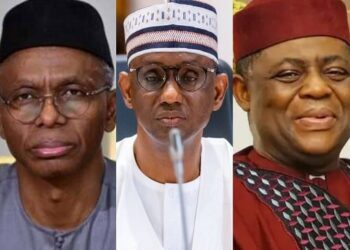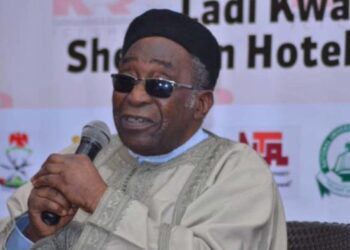In the pivotal month of June 2023, Rt Honorable Tajudeen Abbas took the helm as the 10th Speaker of the House of Representatives, initiating a transformative journey across various facets of National Development.
Acknowledging the shortcomings of the 9th Assembly’s development process, the 10th Assembly, led by Rt Honorable Tajudeen Abbas, proactively charted a course aimed not only at fulfilling its mandate but also delivering tangible democratic benefits to Nigerians.
The legislative agenda underscores a commitment to economic empowerment and diversification, paving the way for sustainable growth and development.
A focus on infrastructural development forms a cornerstone of the 10th Assembly’s strategy, aiming to enhance the nation’s connectivity and overall development.
Prioritizing education and human capital development, the Assembly seeks to lay the foundation for a knowledgeable and skilled populace driving national progress.
Post-2023 elections, the green chamber faced challenges arising from a mix of new and returning federal lawmakers.
In response, Rt Honorable Tajudeen Abbas prioritized comprehensive capacity building to equip members for effective lawmaking.
The 10th House of Representatives, under Dr Tajudeen Abbas, took the lead in organizing extensive capacity-building programs.
This initiative aimed to ensure lawmakers possess the necessary knowledge for sound decision-making in the 10th Assembly.
Within six months, Dr Tajudeen Abbas’s leadership has brought about a revolutionary shift in the 10th Assembly’s activities, adopting a multilateral approach to meet its goals.
The continuous use of effective legislative tools, coupled with the introduction of innovative programs, positions the 10th Assembly on track to achieve unprecedented success in the current dispensation.
In summary, the strategic leadership of Dr Tajudeen Abbas in the 10th House of Representatives reflects a commitment to national development, legislative efficiency, and a vision for a high-performing assembly in the current dispensation.
Written By ABUBAKAR YUSUF, A Public Affairs Strategist based in Abuja (yus.abubakar3@gmail.com).











